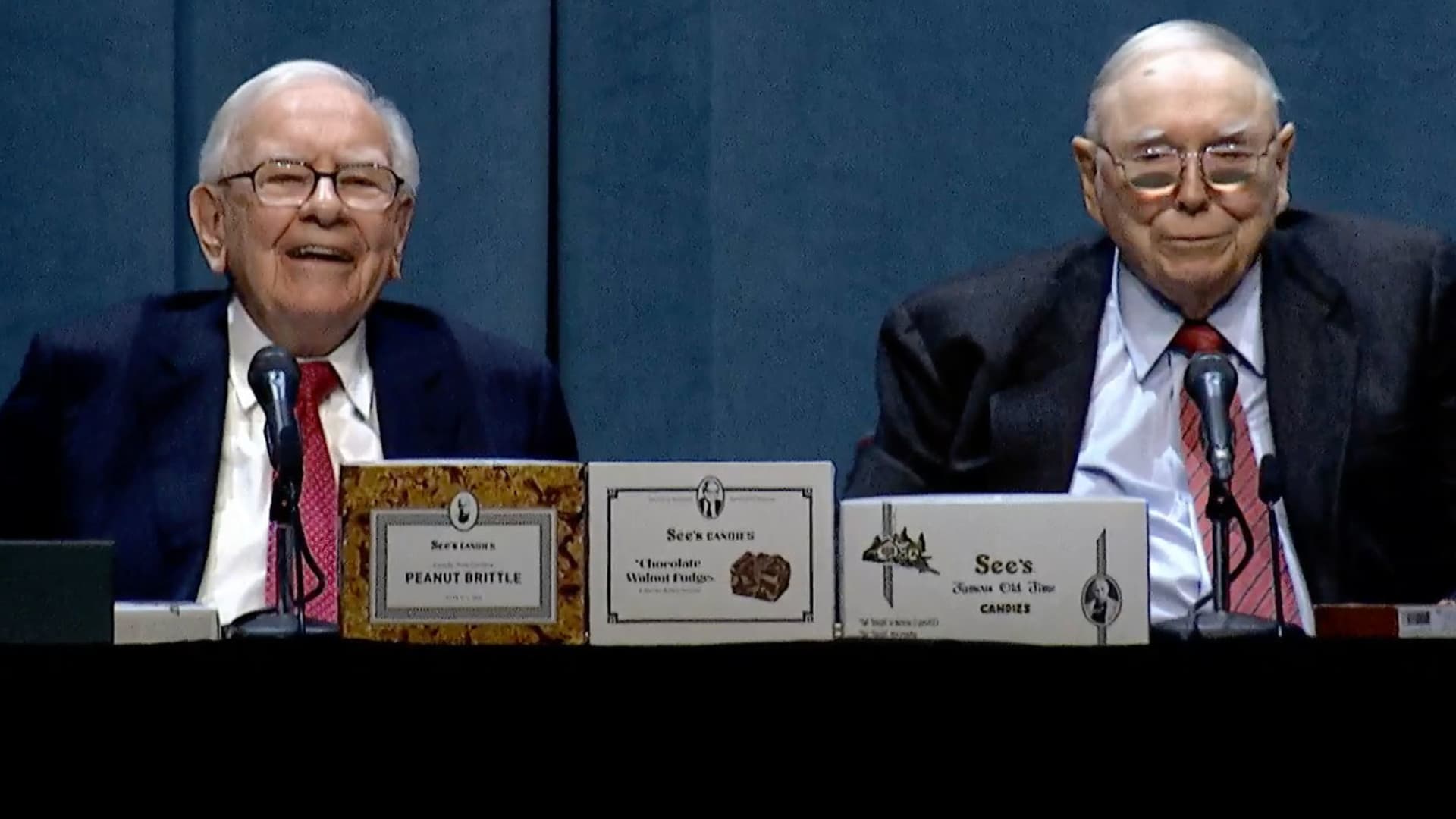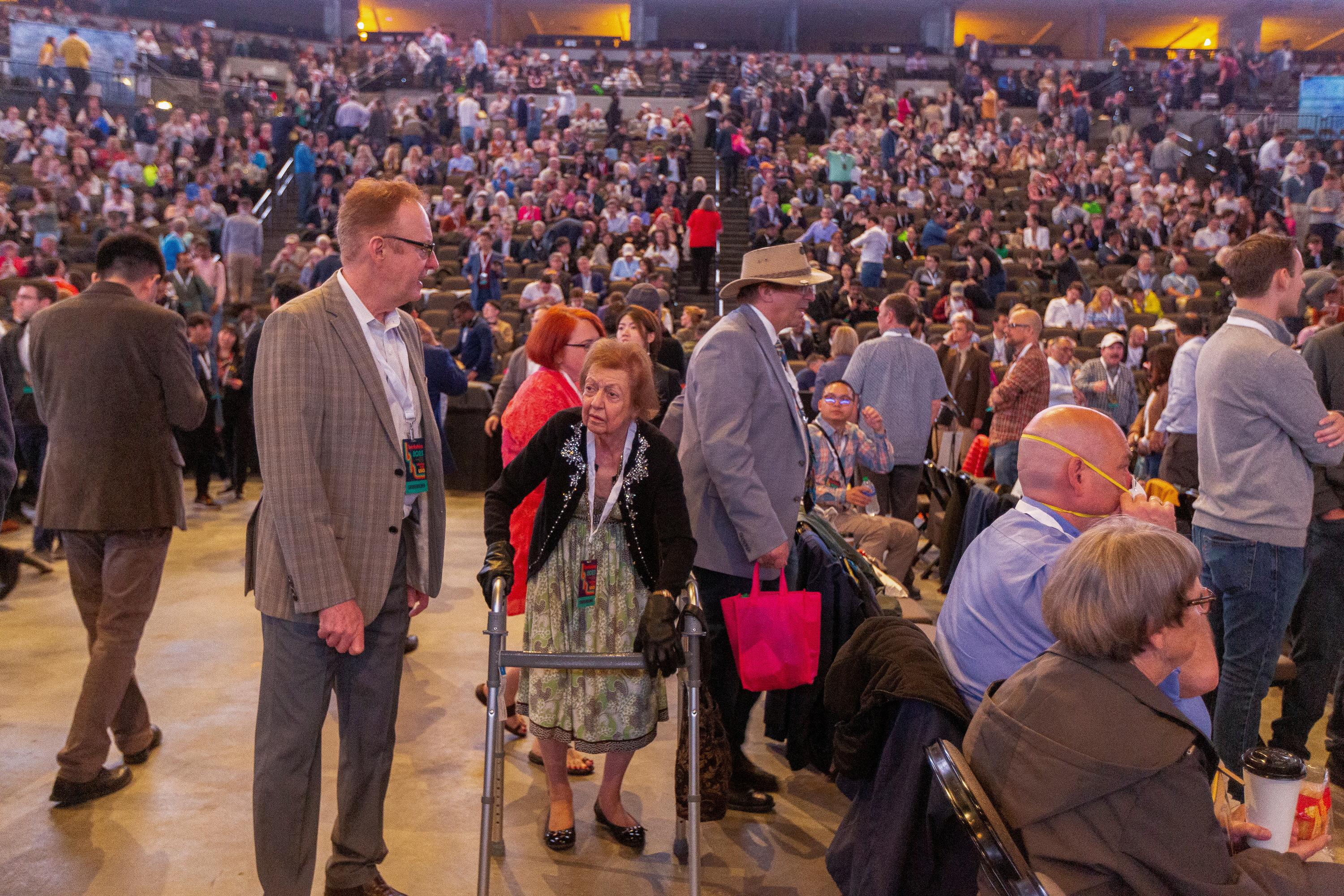During Berkshire Hathaway’s annual shareholder meeting, Warren Buffett expressed his concerns regarding the recent turbulence in the banking sector and warned about the potential negative impact of a debt ceiling crisis on the financial system.
Despite these concerns, he remained optimistic about the US and his own conglomerate, Berkshire Hathaway Inc (BRKa.N), offering a vote of confidence for both.
Buffett criticized how politicians, regulators, and the press handled the recent failures of Silicon Valley Bank, Signature Bank, and First Republic Bank. He believed their messaging was “very poor” and caused unnecessary fear among depositors.
According to him, fear is contagious and can lead to severe economic consequences when people start worrying about the safety of their money in banks.

Buffett also expressed concerns about the growing “tribalism” in Washington, where partisanship is causing people to talk past each other. He believed that the democracy needs to be refined as the country moves forward, but despite these challenges, he expressed his desire to be born in the US, stating that it is a better world than ever before.
Berkshire Hathaway reported a quarterly profit of $35.5 billion and bought back $4.4 billion of its own stock, indicating that the company considered the shares undervalued.
However, it sold $13.3 billion of other companies’ stocks, despite the S&P 500 Index rising 7%. This decision reflects the company’s strategy of focusing on its core businesses and investing in undervalued stocks while selling overvalued ones.
During Berkshire Hathaway’s annual shareholder meeting, Warren Buffett criticized the handling of recent failures in the banking sector, expressing his concern that poor messaging from politicians, regulators, and the press could cause unnecessary fear among depositors.
Warren Buffett Criticizes Bank Handling
Buffett emphasized that fear is contagious and can lead to an economic crisis if people worry about the safety of their money in banks. Buffett also expressed his opinion that regulators were correct to guarantee the depositors of Silicon Valley Bank, claiming that not doing so “would have been catastrophic.”
He insisted that executives and shareholders of banks should bear the risks of mismanagement, with Charlie Munger criticizing executives who prioritize personal wealth over customers. Buffett said that individuals who do the wrong thing must face punishment.
Buffett defended Berkshire Hathaway’s massive $151 billion investment in Apple, stating that the company is different from other businesses they own and a better business overall. He noted that people are less likely to give up their iPhones, which cost around $1,500, than their second cars, which are valued at $35,000.
Despite the potential concentration risk associated with owning so much Apple stock, Buffett indicated that Berkshire could buy even more. Regarding the company’s holdings in Occidental Petroleum, he emphasized that Berkshire had no plans to take control of the firm despite owning nearly one-fourth of it.

Meanwhile, Munger, who led Berkshire’s investment in BYD Co, an electric car company, expressed his hope for increased trade and lowered tensions between China and the United States. Buffett highlighted these tensions as a reason for his preference to deploy capital in Japan rather than Taiwan.
Before the Berkshire Hathaway annual meeting began, pilots at Berkshire-owned NetJets protested outside the arena over low pay and long hours.
Meanwhile, thousands of shareholders lined up outside the arena hours before it opened, knowing it could be one of their last chances to see Buffett and Munger due to their advanced age. A first-time attendee from Vancouver, Canada, expressed her excitement at finally being able to attend the meeting, which had been on her bucket list for a long time.
Similarly, a researcher for an asset management firm from Shanghai who had seen Buffett and Munger seven times before arrived at midnight with a chair to ensure he could see them again, saying he was inspired by their passion and normalcy and hoped they could continue for at least another five years.












